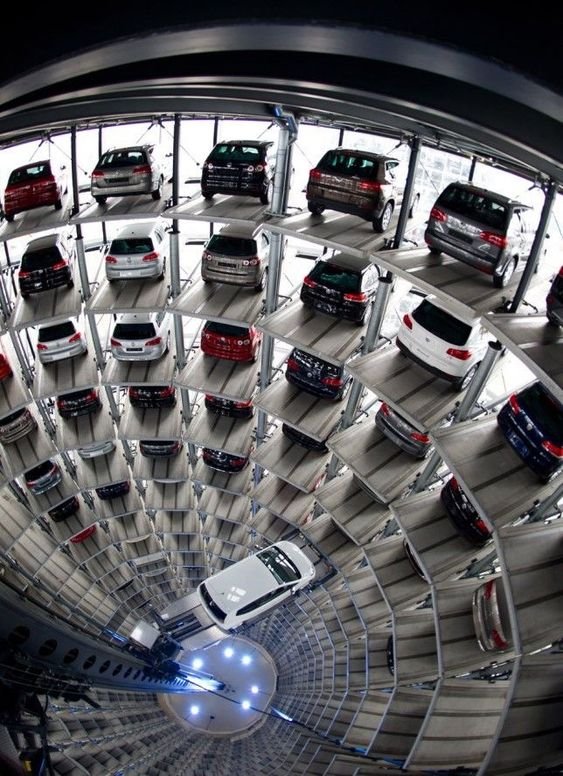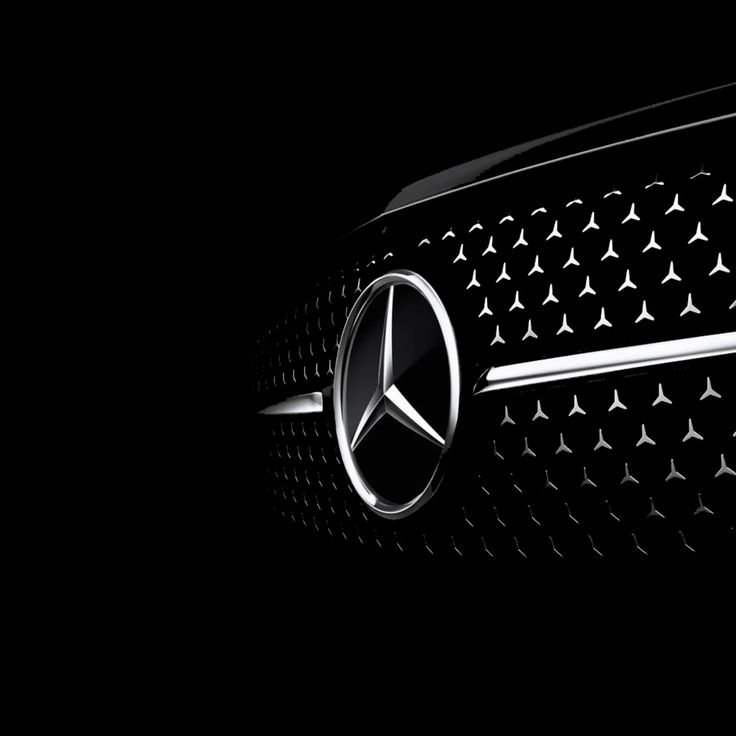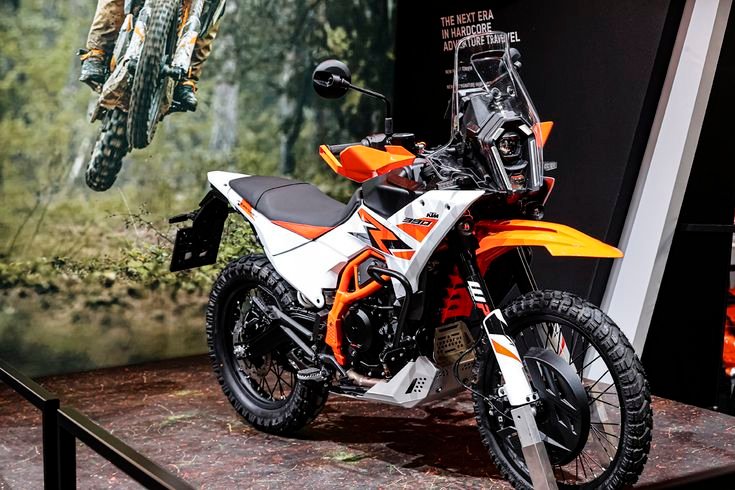
India’s car market is poised for substantial growth, with expectations to reach 20 million units by 2047. This ambitious projection is supported by the rise of battery electric vehicles (EVs) and the robust economic development of the nation. Suzuki Motor Corp.’s Executive Vice President, Kenichi Ayukawa, has outlined strategic goals and plans for Maruti Suzuki India Ltd., the company’s subsidiary, to capture a significant market share in this expanding landscape.
Maruti Suzuki’s Market Domination Strategy
Maruti Suzuki aims to elevate its market share from around 40% to 50% by 2030. This optimistic outlook stems from India’s expanding middle class and increasing economic power. Ayukawa emphasized the company’s long-term confidence in the Indian market, which has been a cornerstone for Suzuki since 1983, with successful models like the Swift and Brezza.
“We’re confident that the Indian market will expand in the mid to long term,” Ayukawa stated in an interview. This confidence is underpinned by Maruti Suzuki’s history of adapting to and thriving in the dynamic Indian automotive market.
Pioneering Electric Vehicles in India
Suzuki plans to launch its first-ever EV in India and Europe next year, following its showcase at the auto expo in India in January. This move is crucial as the Indian market faces pressing environmental issues, and there’s a growing demand for sustainable transportation solutions. Ayukawa noted that Suzuki’s EV strategy would include not only premium models like the planned eVX but also affordable, compact cars with lighter batteries to cater to the price-sensitive Indian market.
“India faces environmental issues, so I think EVs will grow to an extent,” Ayukawa said. Despite India’s reputation as a price-conscious market, there is a burgeoning interest in crossovers and sport-utility vehicles (SUVs), making the competition in these segments particularly fierce.
Comparative Market Analysis
To contextualize the Indian market’s growth, 4.2 million passenger vehicles were sold in India in the fiscal year ending March, according to the Society of Indian Automobile Manufacturers. This figure positions India behind China, which sold 26 million passenger vehicles, but ahead of the US (3.1 million) and Europe (15 million). These statistics underscore the potential for significant growth in India’s automotive sector.
Competitive Landscape
Tata Motors Ltd., a major player in the Indian automotive market, has made significant strides with its electric variants of popular models like the Tiago and Nexon. Tata’s EV business is expected to reach profitability by early 2026, setting a high bar for competitors like Suzuki. Ayukawa acknowledged the intense competition in the crossover and SUV segments, noting their strength for domestic rivals Tata and Mahindra.
Future Innovations and Collaborations
Suzuki’s future plans include developing new battery technologies and possibly embarking on domestic production of battery cells within the next five to ten years. The strategic partnership with Toyota Motor Corp., established in 2019, will play a vital role in Suzuki’s EV advancements. Toyota’s expertise in EV technology will help Suzuki develop its own capabilities, particularly in producing smaller cars, while Toyota focuses on larger models.
“We will learn basic know-how from Toyota and gradually make it our own,” Ayukawa said. This collaboration aims to leverage Toyota’s strengths in EV technology to enhance Suzuki’s product offerings.
Embracing Alternative Fuels
In addition to electric vehicles, Suzuki sees significant potential in compressed natural gas (CNG) vehicles, which are cheaper than gasoline in India. Maruti Suzuki sold 483,000 CNG cars in the latest fiscal period, marking a 47% increase from the previous year. The company is also exploring the use of methane from cow manure as a fuel source, with plans to operate four plants for this purpose. However, monetizing the byproduct, organic fertilizer, remains a challenge.
Market Expansion and Network Growth
To maintain and grow its market leadership, Suzuki plans to continue investing in product development, expanding its network, and enhancing its manufacturing capabilities. The introduction of new models, including EVs and CNG vehicles, will be crucial in meeting diverse consumer needs and preferences.
Economic and Environmental Considerations
India’s car market is heavily influenced by economic and environmental factors. As the middle class expands and disposable incomes rise, there is a greater appetite for vehicle ownership. However, environmental concerns and regulatory measures are driving the adoption of cleaner, more efficient technologies.
India’s car market is on an upward trajectory, with ambitious goals to reach 20 million units by 2047. Maruti Suzuki, with its strategic plans for EVs, collaborations with Toyota, and focus on alternative fuels like CNG, is well-positioned to capitalize on this growth. The company’s commitment to innovation and market adaptation will be crucial in maintaining its leadership and achieving its target of a 50% market share by 2030.
As India continues to evolve as an economic powerhouse, the automotive market will play a significant role in its growth story. With promising developments in battery technology, alternative fuels, and strategic partnerships, the future of India’s car market looks bright, driven by companies like Suzuki that are at the forefront of innovation and market expansion.
ALSO READ: Flying Cars | The Future of Personal Transportation





